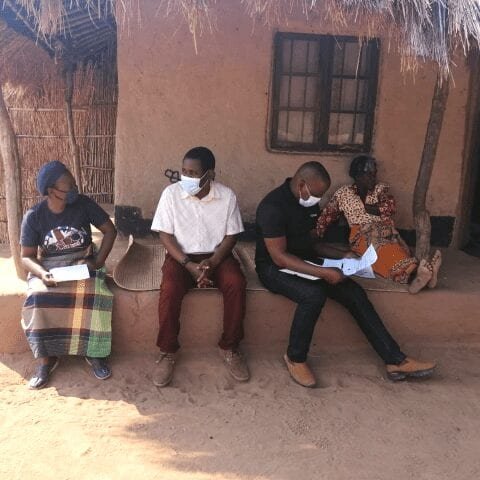Mercifully, COVID-19 has had less of an impact on Malawi than had been feared. By western standards, Malawi’s health service is wholly unprepared for a pandemic, with only a small number of ICU beds in the whole country.
By the end of November 2020, there had been 6,000 reported cases of COVID-19 and 185 deaths. The definition of cases and causal deaths might not be reliable, with some cases and deaths both going unreported, but the threat of a devastating pandemic seems to have passed – at least for the time being.
Worryingly, the Foundation’s manager, Emily Nkhoma, tested positive for COVID-19. Emily was asymptomatic but had been in contact with someone suffering from it. Fortunately, a further test after 12 days showed her to be negative.
The greater impact has been fear. The country’s rural economy relies on vigorous activity in and around bustling trading centres (markets) and business has been noticeably restrained. This economic consequence of COVID-19 is acutely felt where trading in the markets provides the main or only form of income.
The Foundation usually issues a new round of loans once or twice a year, but none have been possible in 2020 owing to trading conditions. It’s deeply frustrating in terms of the loan programme’s arc of growth and it means that the annual contribution to the Social Action Fund has had to be postponed.


